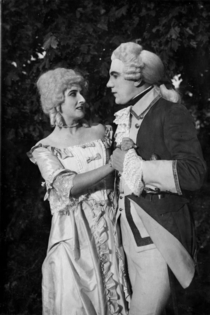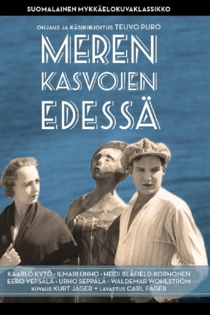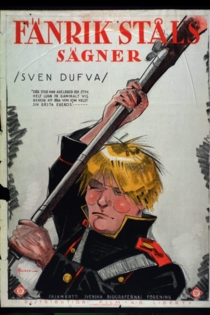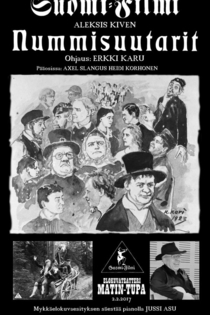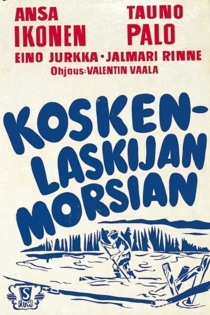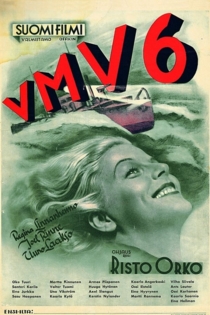
Axel Slangus
1890 - 1965The Virgin Spring
Ingmar Bergman
Max von Sydow, Birgitta Valberg
Devout Christians Töre and Märeta send their only daughter, the virginal Karin, and their foster daughter, the unrepentant Ingeri, to deliver candles to a distant church. On their way through the woods, the girls encounter a group of savage goat herders who brutally rape and murder Karin as Ingeri remains hidden. When the killers unwittingly seek refuge in the farmhouse of Töre and Märeta, Töre plots a fitting revenge.
The Virgin Spring
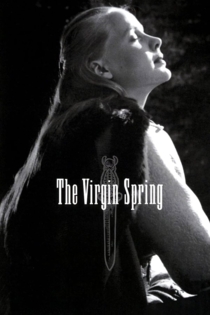
Rågens Rike
Ivar Johansson
Mathias Taube, Eric Laurent
Based on a Finnish poem, The Kingdom of Rye is a gorgeous romantic drama set in rural northern Sweden during the harvest. It features a young couple whose love affair is fraught with Hardy-esque complications and an unhappily married wife of the landowner.
The Kingdom of Rye
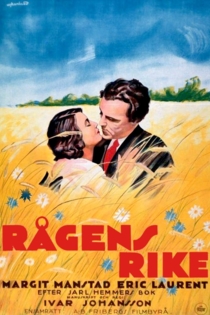
En drömmares vandring
Lars-Magnus Lindgren
Margit Carlqvist, Inga Landgré
Portrait of the Swedish poet Dan Andersson (1888-1920). Brought up during poor conditions he finds work as a temperance preacher and educator. Bored by this he travels to Stockholm to try to get his poems published. On the train he meets a rich, sophisticated art patron who encourages him and grinds his literary and philosophical formation.
En drömmares vandring
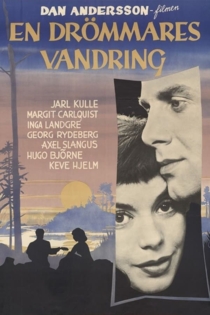
Meidän poikamme
Erkki Karu
Axel Slangus, Waldemar Wohlström
Silent military propaganda film by Erkki Karu, later followed by the musical revue film Meidän poikamme merellä ("Our Boys at Sea", 1933) and Meidän poikamme ilmassa – me maassa ("Our Boys in the Air – and We on Land", 1934), both of them also directed by Karu. The film comes with a orchestral accompaniment arranged by Raine Ampuja in 2005, based on the original score by Lauri Näre and Emil Kauppi, which in turn was based on traditional Finnish military tunes.
Meidän poikamme
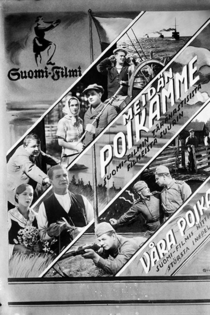
Tukkijoella
Wilho Ilmari, Axel Slangus
Urho Somersalmi, Ellen Sylvin
“Tukkijoella” (Log River – 1928). Films of this genre gave the Finnish cinema and the viewing public one of its most popular characters – the lumberjack (tukkijatka, tukkipoika, tukkilainen) who at his most heroic hour becomes the log-roller or the shooter of rapids (koskenlaskija). The significance of this character in Finnish film is comparable to that of the Cowboy on American cinema. He is the pioneer, the wanderer, the adventurer. He negotiates the frontier, he is an embodiment of the conflict between wilderness and civilization.
Tukkijoella
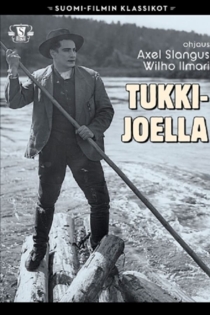
Myrskyluodon kalastaja
Erkki Karu
Wilho Ilmari, Axel Slangus
Fisherman Eerik Storm (Wilho Ilmari) is in danger of losing his home and agrees to get money to be piloted by smugglers (Axel Slangus, Uuno Aarto, Sven Relander, Armas Fredman, Berndt Lindahl). When the customs officers (Yrjö Somersalmi, Kosti Hypén, A. Virtanen) surprise the smugglers, a chase and a firefight ensue, in which the customs officers are confronted with water. By trading his life, Erik saves the customs officers. The film ends with an engagement party for Eerik and the pilot's eldest daughter Kirsti (Irja Lindström).
The Price They Pay
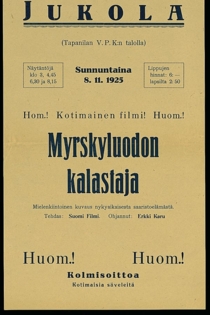
Rautakylän vanha parooni
Karl Fager
Adolf Lindfors, Arna Högdahl
The Drakenhjelm family has lived in the Rautakylä manor for over 150 years. The current master of the house, elderly baron Magnus (Adolf Lindfors), has been living for a long time in an unregistered relationship with his housekeeper Lisette (Naimi Kari), with whom he also has a son, Sebastian (Axel Slangus). After the baron falls gravely ill Lisette starts getting worried about losing everything, so with Sebastian on her side she demands the baron to write a letter to the pastor and ask him to come over to perform a wedding ceremony. Right after Sebastian has left to fetch the pastor, a threesome seeking shelter from the storm comes to the manor and wreaks havoc on the marriage plans.
Rautakylän vanha parooni
